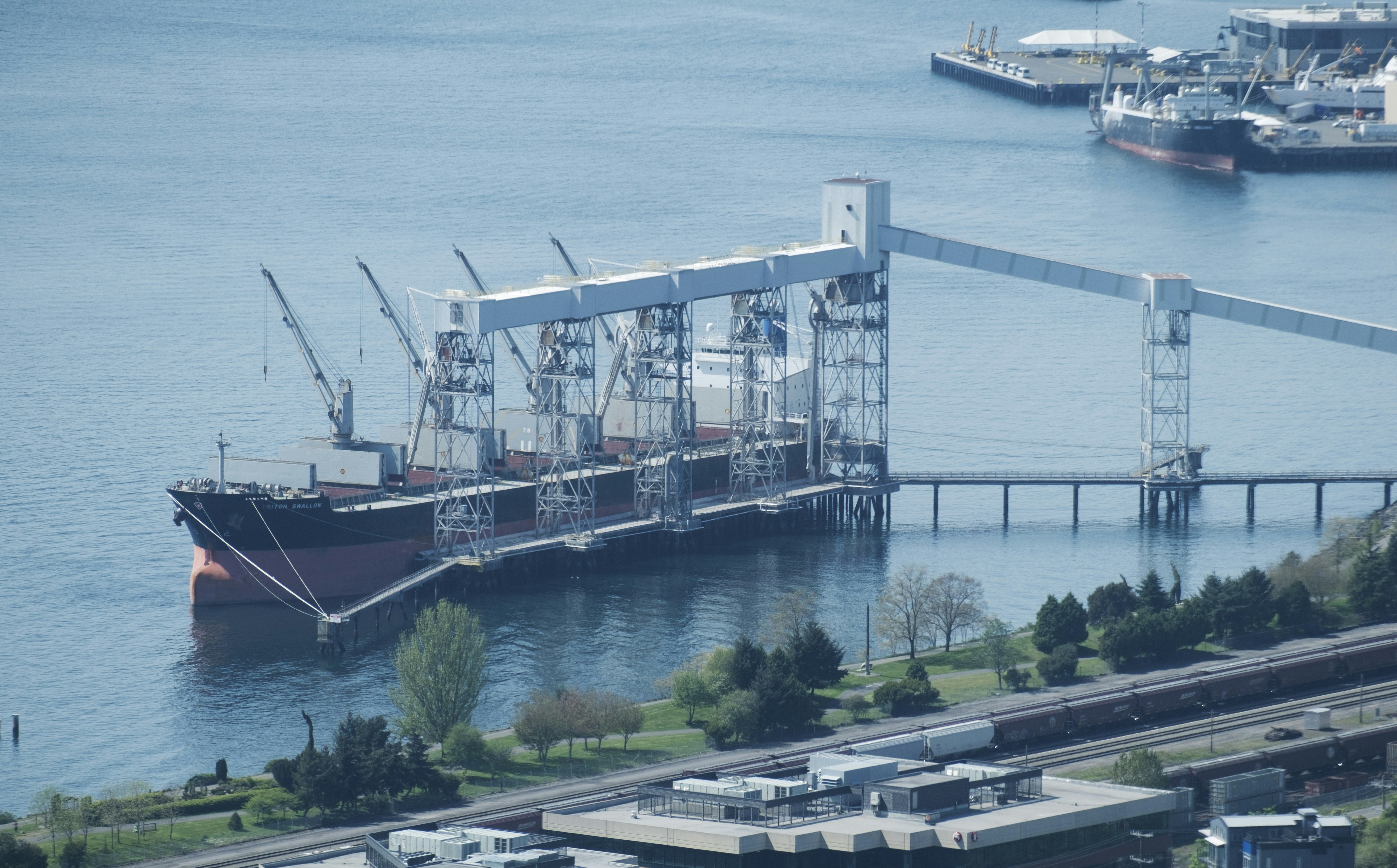
Introduction
In a significant shift in policy, India has announced the termination of the trans-shipment facility that allowed Bangladesh to export goods to third countries. This decision has raised questions and concerns regarding the trade dynamics in the region, especially for Bangladesh, which heavily relies on this route for its export activities.
Reasons Behind the Termination
The government of India cited security and regulatory compliance issues as the primary reasons for ending this trans-shipment facility. The Indian authorities believe that the previous arrangement posed potential risks related to trade misdeclaration and the movement of contraband goods. Consequently, this move aims to strengthen India’s border security and promote fair trade practices.
Impact on Bangladesh’s Exports
The termination of the trans-shipment facility inevitably poses challenges to Bangladesh’s export sector. With the loss of this route, businesses are now forced to explore alternative shipping options, which may lead to increased logistics costs and longer lead times. This could affect Bangladesh’s competitiveness in global markets, exacerbating existing economic challenges in the region.
In conclusion, India’s decision to terminate the trans-shipment facility for Bangladesh is a pivotal moment for trade relations between the two countries. While it aims to address security concerns, it also emphasizes the need for both nations to engage in dialogue to seek viable solutions that benefit their economic interests. As Bangladesh seeks alternative pathways for its exports, the focus will be on adapting swiftly to the new trading landscape.
Discover more from Techtales
Subscribe to get the latest posts sent to your email.